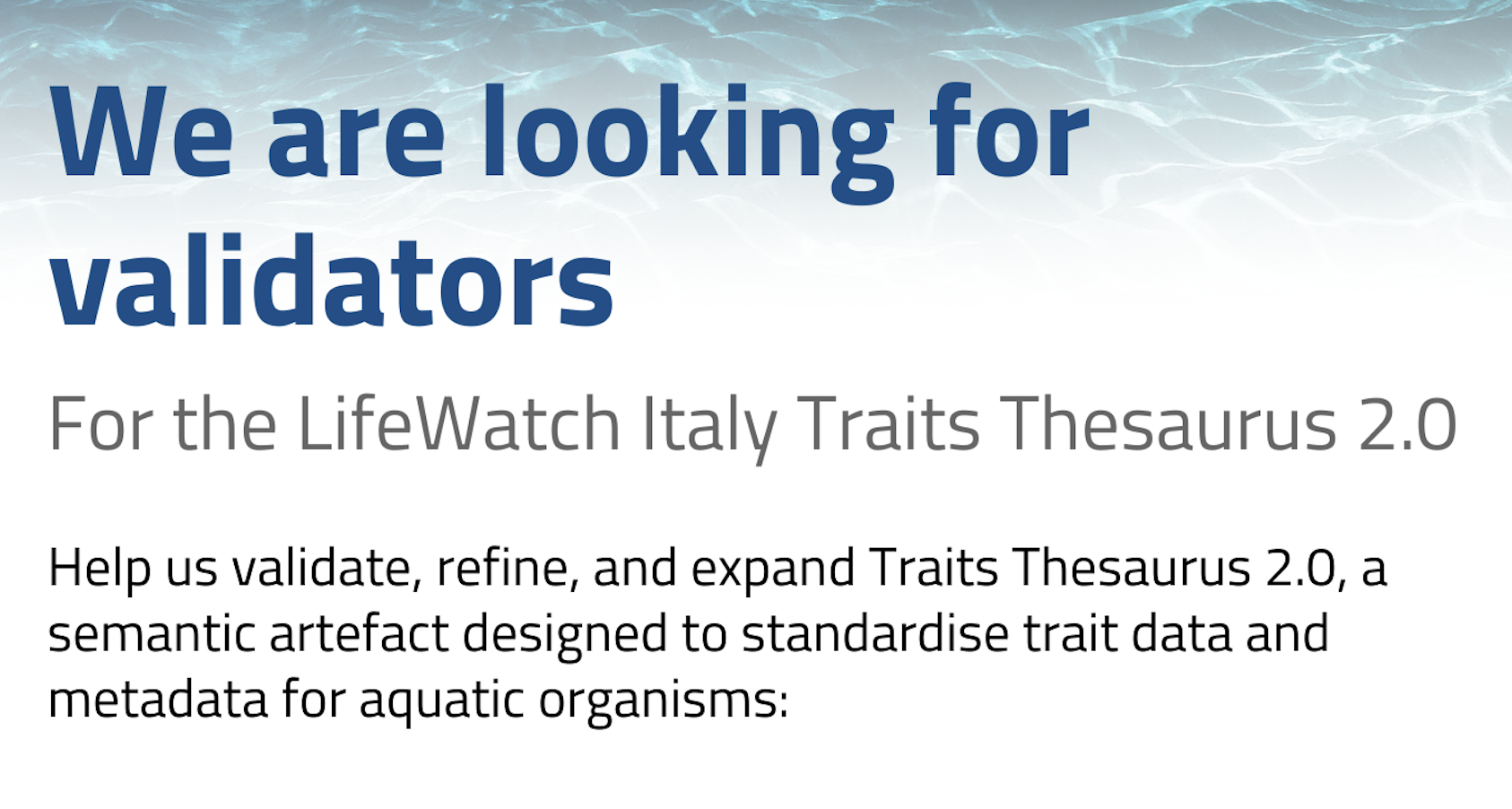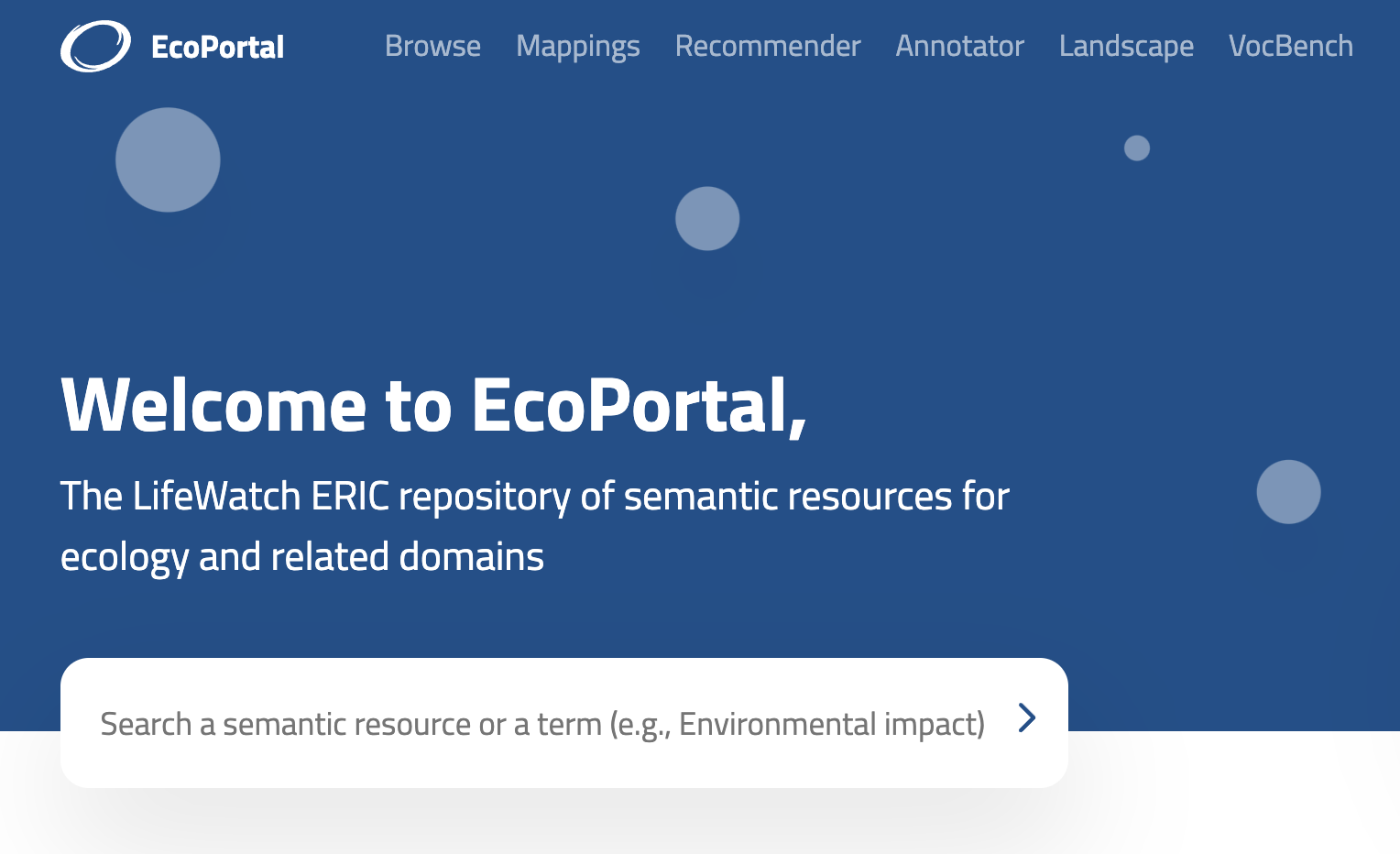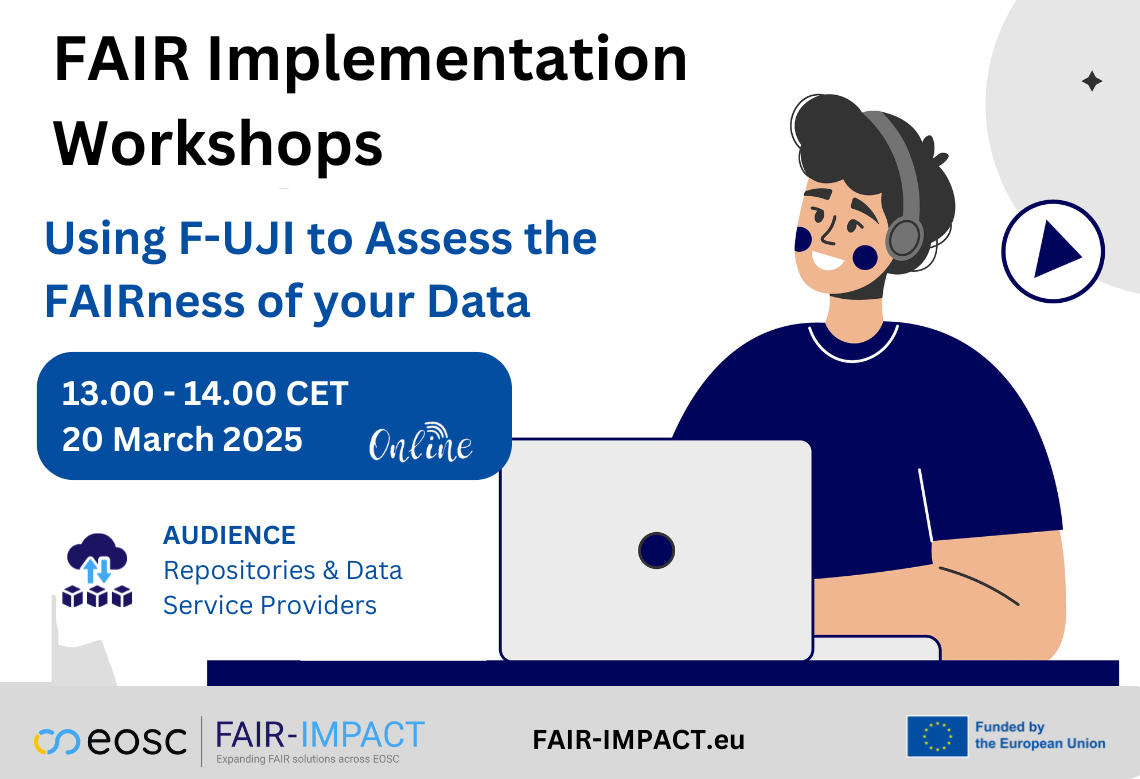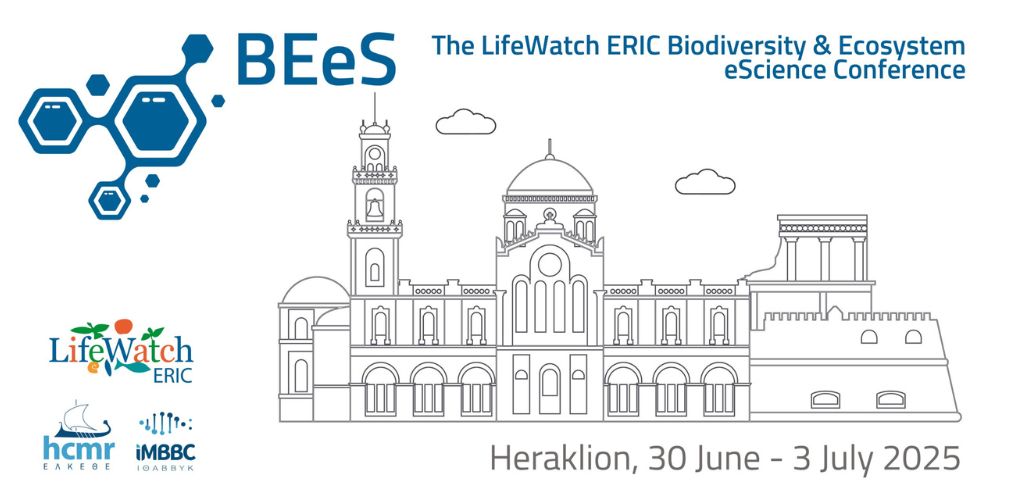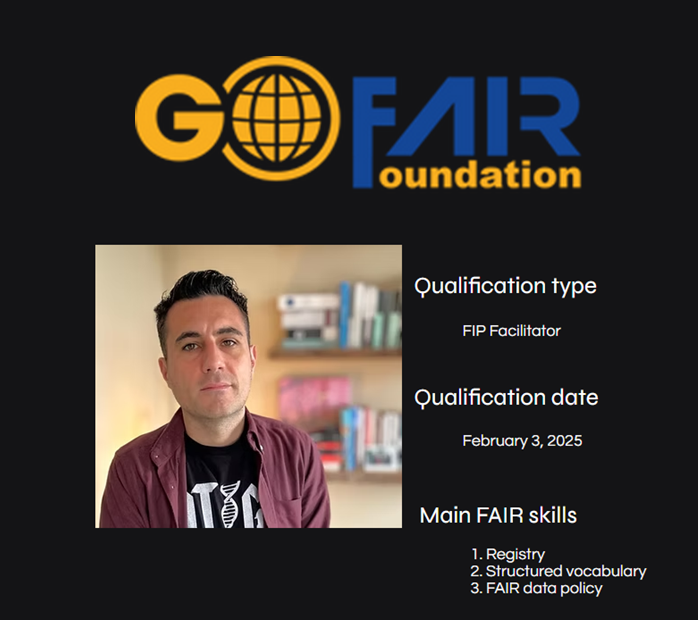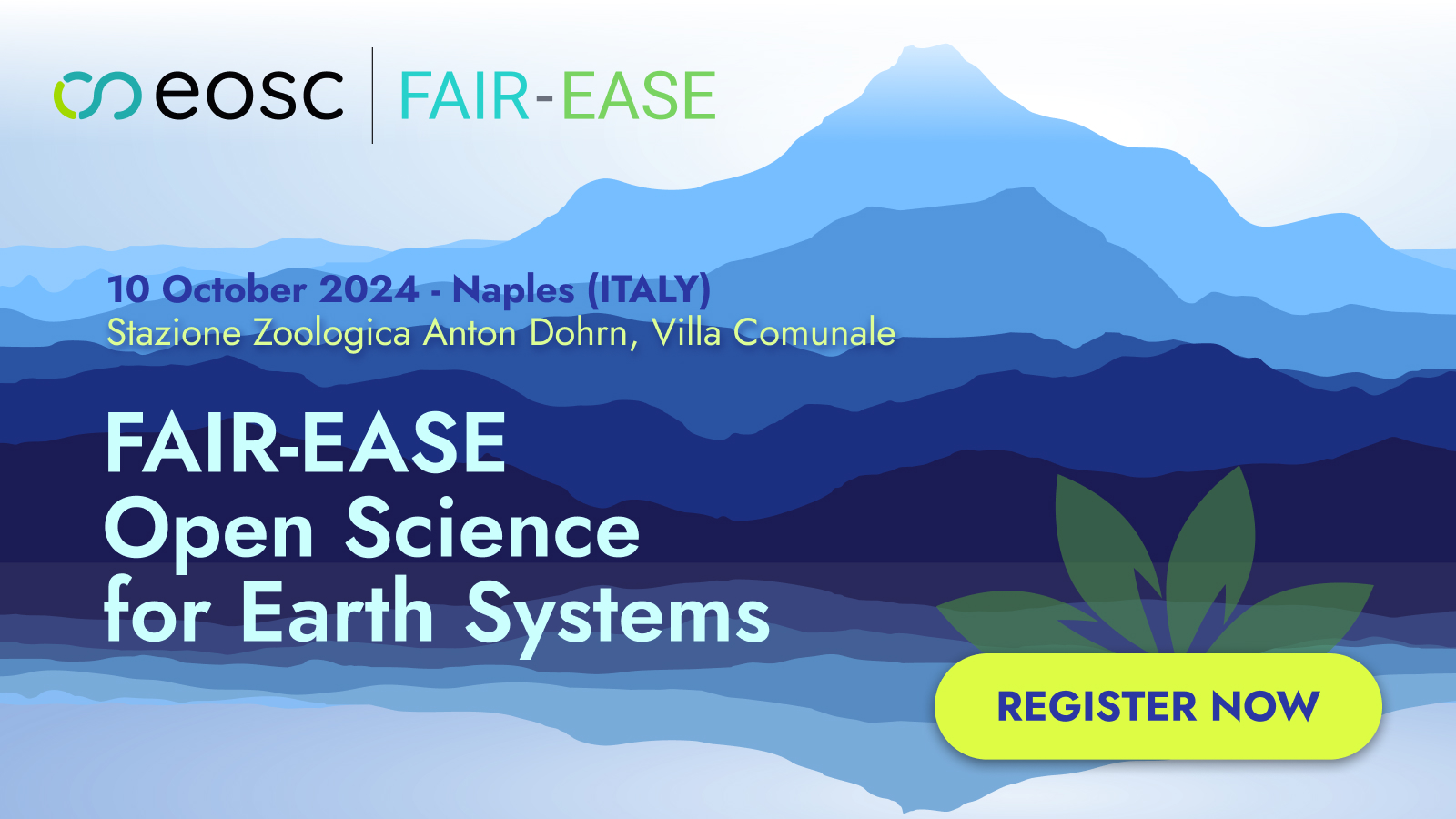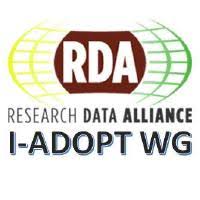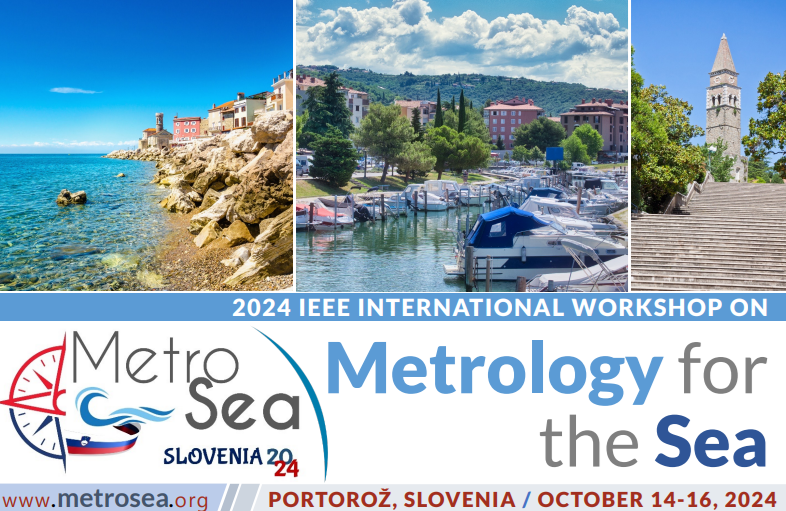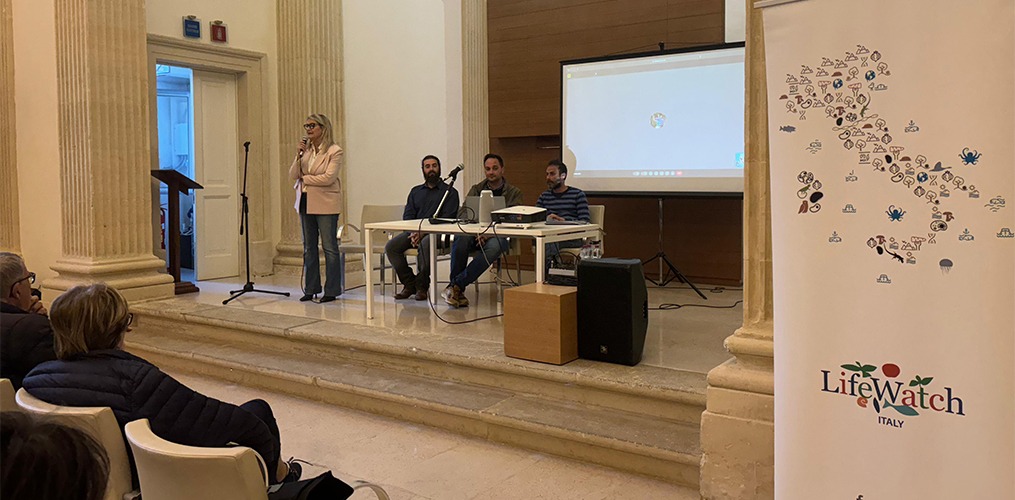The BEeS (Biodiversity and Ecosystem eScience) Conference 2025 will gather researchers, policymakers, and experts to tackle the Triple Planetary Crisis (climate change, biodiversity loss, and pollution) through eScience and European Research Infrastructures (RIs).
This year’s conference will explore synergies between LifeWatch ERIC services and emerging technologies to drive innovation for a sustainable future. The program features plenary sessions, thematic services, research presentations, and hands-on demonstrations, highlighting the crucial role of technology, data, and collaboration in addressing global environmental challenges.
Participants will engage in discussions on biological diversity and conservation, ecological responses to climate change, biogeography, taxonomy, biodiversity monitoring, and habitat mapping, with the possibility to submit an abstract by 15 April. The event will also include interactive booth activities, poster presentations, and training sessions, offering insights into Virtual Research Environments (VREs), Virtual Laboratories (vLabs), and other digital tools.
Target audience The conference welcomes researchers in biodiversity, ecosystems, and eScience, with a special focus on early-career scientists, including PhD and Master’s students. The BEeS 2025 Conference will be hosted by the Hellenic Centre for Marine Research (HCMR), Institute of Marine Biology, Biotechnology, and Aquaculture (IMBBC), in Heraklion, Greece, from June 30 to July 3, 2025.
For any detail on the abstract submission, logistics, registration and preliminary programme, visit: https://www.lifewatch.eu/bees-2025/
